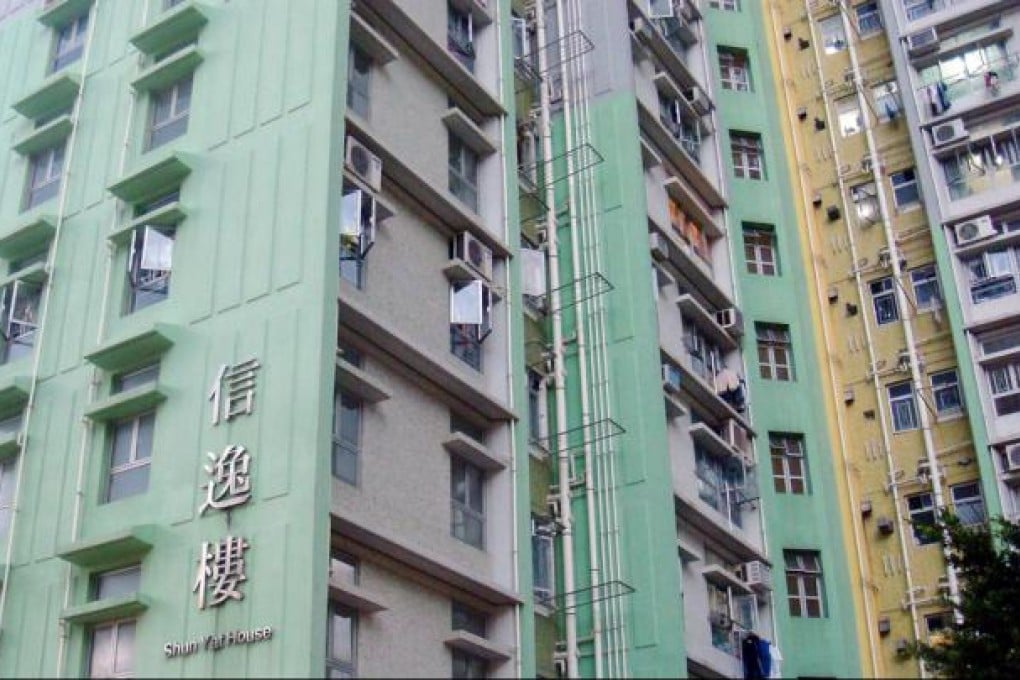
On reading Pope Francis' denunciation of greed and exploitation, one wonders what he would make of the behaviour of Hong Kong's business elite.
If years of deception about property sizes, exploiting of legal loopholes and manipulation of prices have demonstrated anything, it's that this group is interested in little other than the satisfaction of their greed.
The notion that the rest of Hong Kong would benefit from this greed through the "trickle down" effect is nonsense.
It is therefore with foreboding that I read the Lantau Economic Development Alliance's (LEDA) intentions and its proposal to turn the island into a "holding area" for mainland visitors.
Much has been made of the benefits of mainland tourism, and it is true that their spending represents a significant source of wealth for Hong Kong. Yet it has become apparent that almost all this wealth is captured by corporate interests, making life harder for the majority.
In October, the Hong Kong Council of Social Service found that 22 per cent of Lantau residents and other outlying islands, mostly in Tung Chung, earned less than the median household income. Given that Yat Tung Estate is the most deprived in Tung Chung, that would make its residents the poorest in the city. They are cut off from society, high-value jobs or opportunities, and receive very few services.